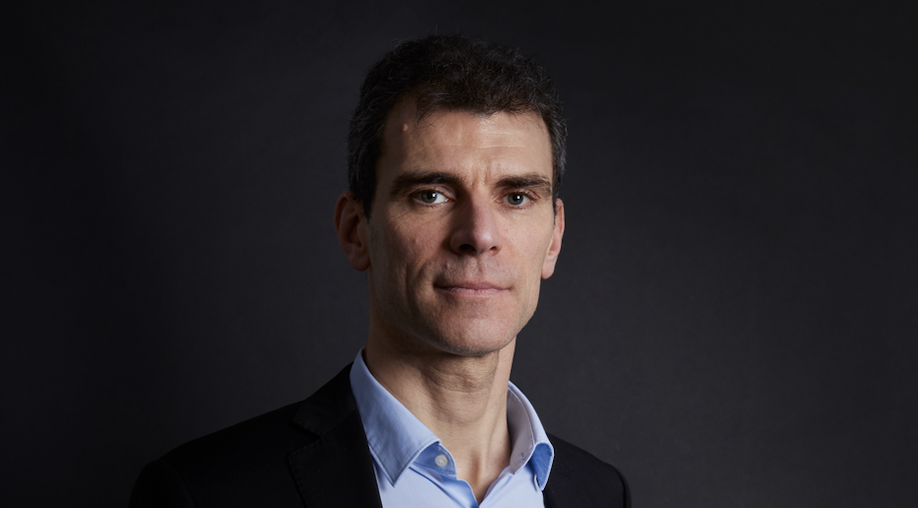Pasqal develops quantum hardware and software technology for real-world computing applications. Customers include Saudi Arabia gas and oil company Aramaco, global aerospace-and-defense company Thales, French energy company EDF, U.S. healthcare company Johnson & Johnson, French bank Crédit Agricole and GNC, a group that includes most of the French and foreign hotel chains operating in France.
The French scale-up, which focuses on neutral atoms, was founded by physics Nobel Prize winner Alain Aspect and is named after Blaise Pascal, the inventor of the world’s first mechanical calculator..
“We expect to see a quantum computer in each data center within two years and our long-term vision is to build the quantum Nvidia,” says CEO Georges-Olivier Reymond, a speaker on a panel about quantum cryptography at the Paris VivaTech conference on May 22 moderated by The Innovator’s Editor-in-Chief.
Nvidia’s graphics processing units (GPUs) are the engine behind the AI boom because they enable the ability to run lots of computations at the same time. In the future quantum technology is expected to power computations, helping solve some the world’s biggest challenges, from developing targeted drugs more cheaply and quickly to combating climate change.
Launched in 2019, Pasqal operates in eight countries and has the same number of people – about 250 -working on quantum as IBM, one of its big rivals in the space, says Reymond.
Pasqal’s technology, like IBM’s, can be used with current computers to perform tasks that would otherwise be difficult or impossible to compute. For example, EDF is using Pasqal’s quantum technology for the efficient scheduling of charging tens of millions of electric vehicles overnight; Credit Agricole is using it for credit risk migitation and Thales is using it to calculate the trajectory of satellites, says Reymond.
Pasqal has additionally developed a quantum algorithm for precise solvent configuration prediction, a crucial aspect of drug discovery, in collaboration with Qubit Pharmaceuticals.
While no one knows exactly when the quantum breakthrough will take place, Scott Crpwder, VP for Quantum Adoption at IBM, who was on the panel with Reymond at VivaTech, predicts that it will occur by 2030 and personally believes that it could happen in as little as two to four years from now.
Since quantum computing is a step-change technology with substantial barriers to adoption experts say early movers will seize a large share of the total value, while laggards will struggle with integration and talent.
There are other important reasons for business to pay attention. Quantum computers will pose cybersecurity risks. The technology could be used to break today’s encryption standards, such as RSA, leaving data that is currently safe, vulnerable. Indeed, researchers from Pasqal, in collaboration with the Korea Advanced Institute of Science and Technology (KAIST), have developed a novel quantum technique that has demonstrated the potential to challenge modern cryptography during a proof-of-concept trial.
The French scale-up has so far raised $140 million from investors including the European Innovation Council, Singaporean sovereign wealth fund Temasek, France’s state bank Bpifrance , France’s Ministry of Defense and Quontonation, a venture capital fund dedicated to quantum technologies.
There are many approaches to quantum technology. Three other startups are focusing on the same neutral atom approach as Pasqal: U.S. startups Atom Computing and QuEra Computing as well as Germany’s planqc. Remond says Pasqal is more advanced than its direct competitors. And, he says, the neutral atoms approach – which works at room temperature and allows more control over qubits- is easier to scale than alternative approaches to quantum computing used by IBM and other quantum computing players.
This article is content that would normally only be available to subscribers. Sign up for a four-week free trial to see what you have been missing.
To access more of The Innovator’s Startup Of The Week articles click here.







